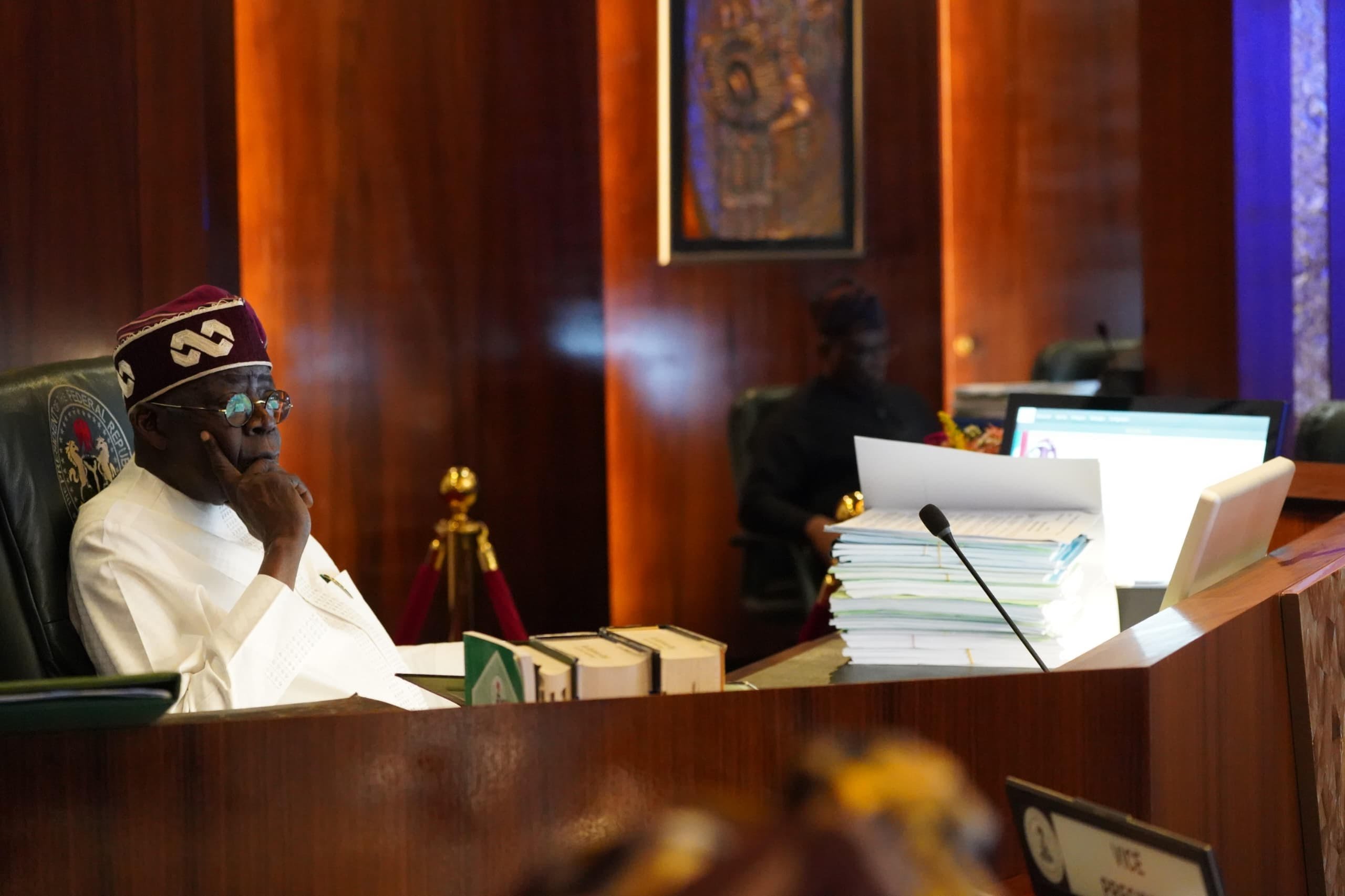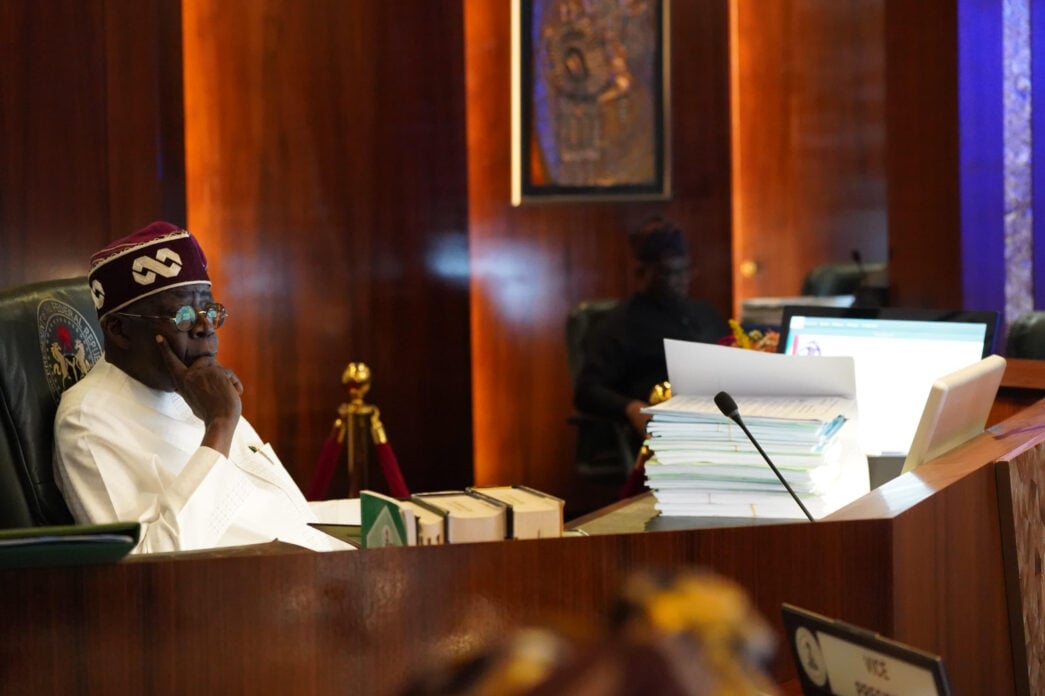As I was writing this piece, the enduring song of Bob Marley floated to mind. In the haunting refrain from his 1976 classic Who the Cap Fit: “Your worst enemy could be your best friend, and your best friend your worst enemy.” Just like every Bob Marley song, the classic was more than a reggae tune; it was Marley’s timeless warning about the ephemerality of trust, power and human nature. Now, nearly five decades after its release, those words sound prophetic as our country finds itself amid diplomatic tensions with the United States.
When the news broke that the United States President Donald Trump had designated Nigeria as a country of particular concern and subsequently threatened military action over allegations of genocide against Christians, the announcement caused a stir and unsettled Nigeria’s seat of power. It also sparked discussions globally about Nigeria’s insecurity and the terrorism ravaging the country. However, looking beyond the current standoff and claims and counterclaims lies an opportunity that could strategically reshape Nigeria’s foreign policy posture and turn the crisis into cooperation with the Republican Party-led administration in the United States.
Let me digress briefly.
When President Trump first came to power in 2016, he redefined US politics and global diplomacy. His ‘America First’ doctrine, anchored in nationalist populism under the MAGA movement, redefined how America saw itself and the world. His tough immigration policy, though condemned by the Liberals, resonated with many Americans who believe that their borders and identity are under siege. Trump’s grip on the Republican Party reshaped it around Christian conservative and nationalist values that now influence US global politics.
Advertisement
Before the current crisis, Nigeria had enjoyed a warm relationship with successive US administrations. Before Trump left power in 2020, he designated Nigeria as a country of particular concern. President Biden reversed the decision. But the global context has since shifted. Human rights violations, allegations of religious persecution and growing insecurity have once again shifted attention to Nigeria. These realities mean that Washington–Republican or Democrat–will continue to hold Nigeria to account. We may not be left off the hook this time.
Now let’s consider the political timing. Now in his second term, Trump’s presidency, which began in January 2025, will run until January 2029. President Tinubu, by all indications, will seek a second term, which would end in 2031 if he wins re-election in 2027. For at least the next four years, both presidents will shape the domestic and foreign policy of their nation. This tenure overlap presents both risks and opportunities. How long can Nigeria maintain its foreign policy posture in the face of US hostility and sanctions? If the US doubles down on the allegation of genocide, who blinks first and who bears the cost?
Nigeria has a lot to gain from the experience of the United States in the fight against terrorism. After September 11 2001, America fought a decade-long terror war that dismantled Al Qaeda, killed Osama bin Laden, and crushed the Islamic State in Iraq and Syria (ISIS) leadership. The US developed intelligence and counter terrorism technology that has kept the country safe. Nigeria, on the other hand, has battled insurgency since 2009 with little progress. Nigeria’s military sources are overstretched fighting multiple insurgencies. We are now negotiating with terrorists instead of wiping them out.
Advertisement
Former US President Ronald Regan once declared: “America will never make concessions to terrorists. To do so would only invite more terrorism.” Nigeria’s experience since 2009 proves him right. Each time we negotiate with bandits, another splinter group emerges. This is why Nigeria needs global cooperation–the centre of this strategic partnership is the United States.
That is why President Tinubu’s response to the crisis so far has been commendable. His speech at the FEC meeting was measured. He struck a conciliatory tone, avoiding the bluster of media aides and belligerence of partisan commentators. This restraint must now define Nigeria’s strategy. The government must distance itself from the orchestrated anti-American protest and flag-burning. Those acts, sponsored by political opportunists, will create mistrust and worsen the crisis. Ironically, the north is most affected by this terrorism and stands to benefit from American support. President Tinubu should adopt Ramaphosa’s approach. The South African president, when confronted with similar allegations of White genocide, handled Trump with tact and diplomacy during his White House visit. He received praise both at home and abroad for his statesmanship.
Nigeria must also tread with caution as China and Russia position themselves to exploit the situation. While they may offer hardware and rhetoric, their interest is transactional and not from any moral standpoint. Russia’s involvement is clocked in anti-West propaganda. Neither of them prioritises human rights or accountability. Nigeria cannot afford to become a pawn in the global power blocs’ chess game. Trump may be combative, forceful, even reckless in his announcements. But he is not the enemy. America is our partner and the country has supported Nigeria in the fight against terrorism.
We know who our enemies are, and they are within. The terror groups, bandits and their state or non-state actors promoters must be exposed and defeated. We must continue to seek America’s support for our military, both in hardware procurement and intelligence gathering. This crisis also opens a door, a window to defeat terrorism with American support. What the US wants is the assurance that Nigeria is committed to transparency and the protection of all Nigerians. In the unstable frontier of international politics, foes can become allies when interests align and diplomacy takes the place of anger and emotions. If Nigeria approaches this standoff with clarity, humility, and foresight, it could turn a potential crisis into a platform for reclaiming moral authority and strengthening our partnerships globally. As Bob Marley reminded us, the lines between friend and foe are never fixed- President Tinubu must recognise that Trump is not the enemy. Diplomacy, not defiance, is the way forward.
Advertisement
Follow Bayo Olupohunda on X: @BayoOlupohunda
Views expressed by contributors are strictly personal and not of TheCable.



